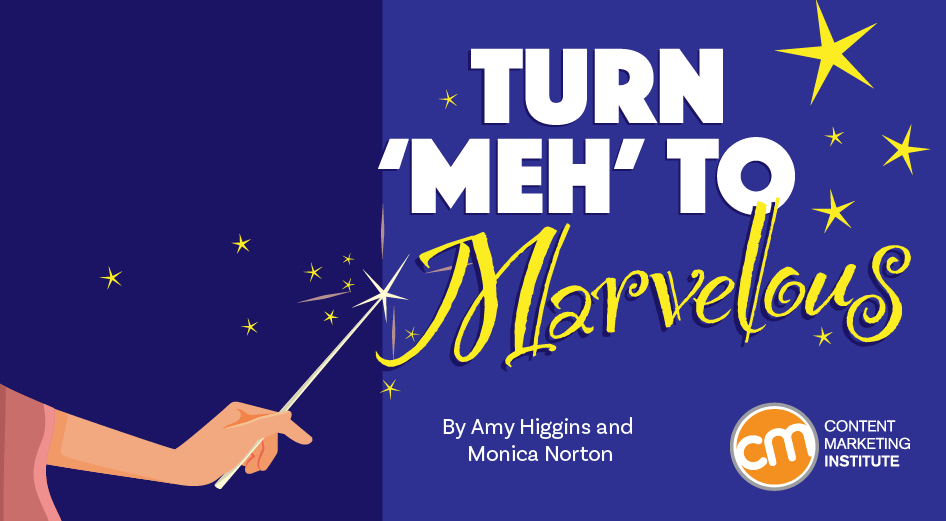Regardless of your specific intention or word for 2024, you (like me) probably think about it in terms of fixing or improving something you think is wrong about yourself or your ability to accomplish it.
I can’t tell you how many conversations I’ve had with people who vow to “fix themselves” this year. They want to do better, think smarter, feel guilty less often, or change a habit.
Introspection can be positive. But it’s easy to fall into a trap, blaming yourself for where you are and punishing yourself with an “improvement” plan. Unfortunately, even when you focus on yourself, it’s easy to blame others, even subtly, for getting in the way of your improvement plan.
Don’t blame the lettuce for not growing
I recently worked with a client on executive coaching. As he put together his intentions for the new year, he focused on how he would pivot his style from command and control to collaboration. He wanted to become more of an operational lead than a subject matter expert, even though he enjoyed that aspect of his role.
Then he said something that threatened to sabotage his plan: “A few members of my team have prevented this from happening in the past. Another goal I’ll have to take on is getting them onboard.”
I’ve fallen into this trap, as many people do. Though you focus on self-improvement, you extend your analysis to those in your closest circles. You blame them (so subtly, you probably don’t notice it). You forget they are probably going through the same kind of self-reflection. You also assume (rightly or wrongly) that they will be a hurdle to your change.
Over the holidays, I read some work by philosopher Thich Nhat Hanh. This advice resonated: “When you plant lettuce, if it does not grow well, you don’t blame the lettuce. It may need fertilizer, or more water, or less sun. You never blame the lettuce.”
But interestingly, when it comes to personal growth, people are quick to blame themselves or those around them. Instead, as Hanh says, “Blaming has no positive effect at all, nor does trying to persuade using reason and argument. That is my experience. No blame, no reasoning, no argument, just understanding. If you understand, and you show that you understand, you can love, and the situation will change.”
Cultivate strengths instead
This year, I plan — and encourage my coaching clients to do the same — to seek to understand what I need rather than listing my shortcomings and blaming myself and others for them.
What if you resolved to foster and feed your and your team’s strengths rather than dwelling on your or others’ perceived weaknesses? What if you extended that intention to your colleagues, friends, and family?
Hanh tells a beautiful story about a lecture where he shared the lettuce analogy. When it was over, he overheard a girl say, “Mommy, remember to water me — I am your lettuce.”
What or who is your lettuce? How will you keep it watered this year?
It’s your story to tell. Tell it well.
HANDPICKED RELATED CONTENT:
Cover image by Joseph Kalinowski/Content Marketing Institute






